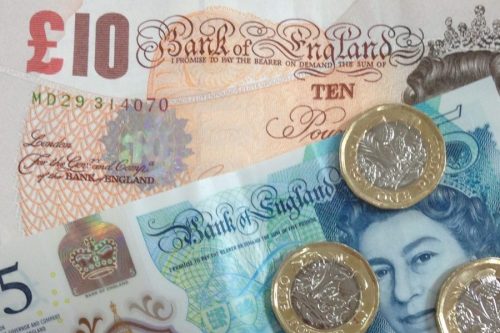Consumer confidence falls in Yorkshire after reaching record levels

Confidence among consumers in Yorkshire and the Humber fell by three percentage points in the third quarter of 2018, down to -7% after the previous quarter’s record level of confidence, according to the latest Deloitte Consumer Tracker.
Despite Q2’s figures showing confidence equalling its highest level since the Tracker started in 2011, the growth in optimism, which was driven by warm weather, the Royal wedding and the World Cup, has been replaced by concern over household finances and personal debt.
The drop in confidence was mainly due to consumers feeling less optimistic about levels of disposable income and personal debt. This could be in reaction to increasing inflation and the interest rates rise that occurred during the quarter.
Andrew Coticelli, partner and consumer business lead for Deloitte in Yorkshire, said: “There is a ‘morning-after-the-night-before’ feel to the findings of this quarter’s Consumer Tracker in the Yorkshire region.
“After a spring of festivities that included a royal wedding, World Cup-fever and scorching sunshine, consumer spending in the third quarter has had a bit of a reality-check.
“The reality of higher inflation and August’s interest rate rise has dented optimism in the Yorkshire region about spending power. However, as we enter the busy shopping period, consumer-facing businesses should feel confident that customers will delve into their pockets in the final three months of 2018.”
The regional figure reflects the wider mood across the UK, where the quarterly survey of more than 3,000 consumers saw its first fall in consumer confidence since Q2 2017.
Following a year of consistent growth, culminating in a record level of UK consumer confidence in Q2 2018 (-4%), consumer optimism has now fallen back to where it was a year ago.
The Consumer Tracker for Q3 2018 found that UK consumers are spending less as a result of being more cautious about their personal finances. Pressures on disposable income and debt have led to spending in both essential and discretionary categories in Q3 2018 falling by two percentage points compared to the previous quarter.
At a year-on-year level, discretionary spending fell slightly, by one percentage point, while essentials spending remained flat.
Over the next three months, consumers expect to increase their spending on essential items by one percentage point.








